Earth
Sign up for our newsletter
We summarize the week's scientific breakthroughs every Thursday.
-
 Astronomy
AstronomyReaders’ interest piqued by Parker Solar Probe, general relativity and more
Readers had questions about NASA's Parker Solar Probe, Einstein's general relativity theory and underwater cables used as earthquake sensors.
-
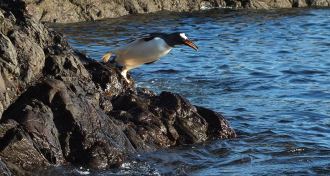 Animals
AnimalsA gentoo penguin’s dinner knows how to fight back
Cameras attached to gentoo penguins off the Falkland Islands revealed that, despite the birds’ small size, their lobster krill prey can sometimes win in a fight.
-
 Materials Science
Materials ScienceA new material harnesses light to deice surfaces
A new sun-powered material could someday melt the ice off airplane wings, wind turbines and rooftops.
-
 Climate
ClimateAs temperatures rise, so do insects’ appetites for corn, rice and wheat
Hotter, hungrier pests likely to do 10 percent to 25 percent more damage to grains for each warmer degree.
By Susan Milius -
 Earth
EarthArtificial intelligence could improve predictions for where quake aftershocks will hit
Scientists trained an artificial intelligence system to figure out where aftershocks are likely to occur.
-
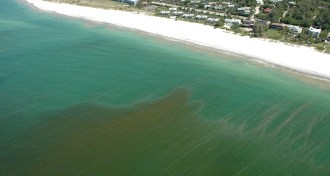 Health & Medicine
Health & MedicineAs algae blooms increase, scientists seek better ways to predict these toxic tides
Scientists around the United States are developing programs that can predict harmful algal blooms in advance.
-
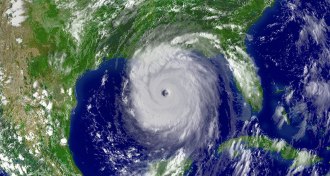 Climate
ClimateChances of an Atlantic hurricane season busier than 2005’s are slim — for now
The 28 named tropical storms that swirled through the Atlantic Ocean in 2005 is about as many as the region can produce in a year.
-
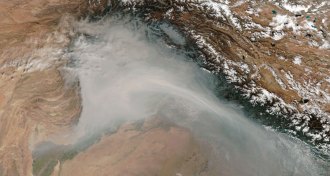 Health & Medicine
Health & MedicineAir pollution is shaving a year off our average life expectancy
The first country-by-country look at how dirty air affects when we die shows it can have more impact on mortality than breast or lung cancer.
By Katy Daigle -
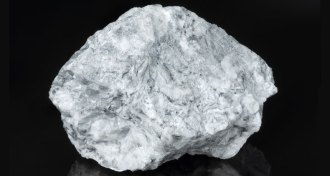 Earth
EarthScientists create a mineral in the lab that captures carbon dioxide
Magnesite takes a long time to form in nature. Now, a team has found a way to speed up the making of the mineral, which can store carbon dioxide.
-
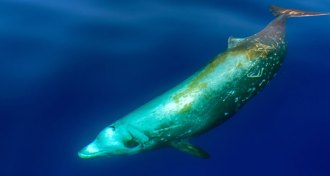 Oceans
OceansBeaked whales may frequent a seabed spot marked for mining
Grooves in the seafloor may signal that whales visit a region that is a prime target for future seabed mining.
-
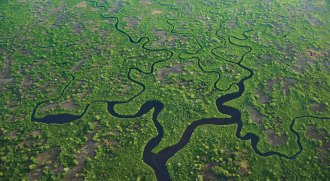 Ecosystems
EcosystemsA freshwater, saltwater tug-of-war is eating away at the Everglades
Saltwater is winning in the Everglades as sea levels rise and years of redirecting freshwater flow to support agriculture and population growth
-
 Materials Science
Materials ScienceA filter that turns saltwater into freshwater just got an upgrade
Smoothing out a material used in desalination filters could help combat worldwide water shortages.